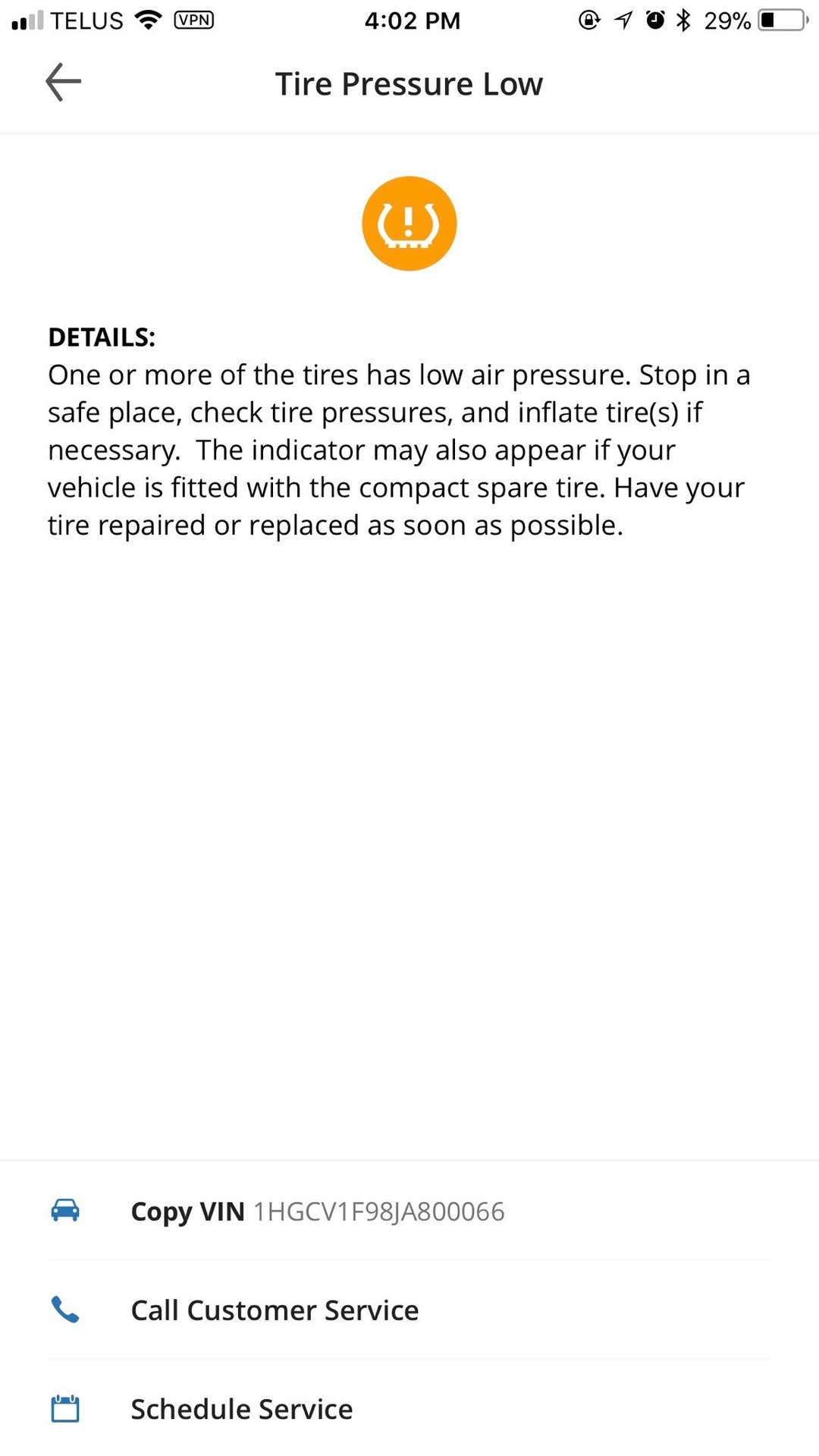Was driving along today and the low tire pressure light came on... which annoying because it won’t say what tire it’s for.. so I stopped and checked all 4 tires and they were all roughly around 35lbs or pressure which is what’s required. But warning light fired up again. Anyone have issues with this yet?
![Image]()
Sent from my iPhone using Tapatalk

Sent from my iPhone using Tapatalk





